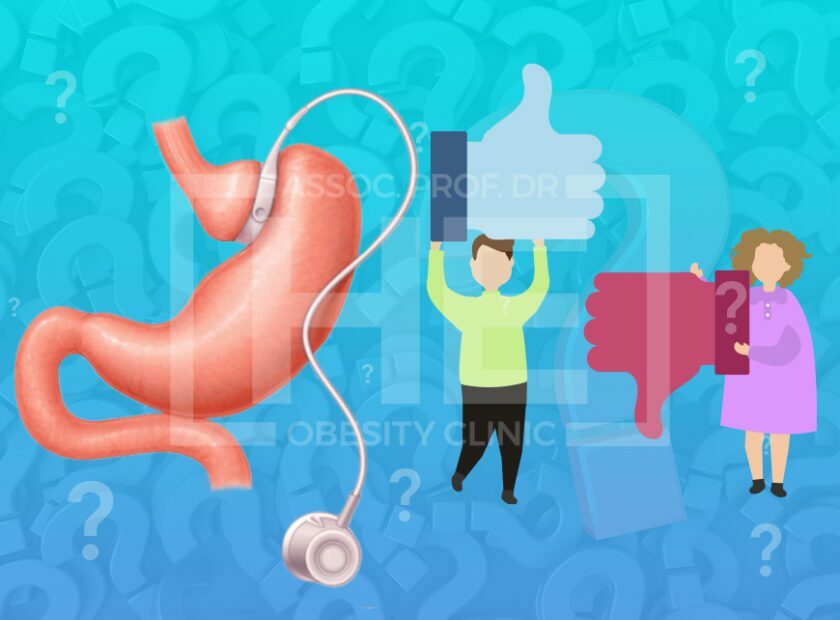
What Are The Diet Dos and Don’ts after Gastric Sleeve Surgery? Although weight reduction surgery can transform your life, it is simply the very first step toward a better living. Following the operation, it is critical to keep making choices that will help the procedure’s effects last longer and enhance your general health.
Getting adequate rest, engaging in physical activity frequently, and consuming a well-balanced diet are just a few of them. Here are some diet dos and don’ts following weight loss surgery:
First and foremost, do eat light portions. You possibly cannot consume as much meal as you could previously, regardless of whether you had a gastric sleeve treatment or a short-term intragastric balloon implanted in your gut. To avoid overloading or stomach cramps, eat modest quantities carefully.
Additionally, with each and every meal, do eat a portion of veggies and fruits. It is because meals no more pass through portions of the bowels that help in nutritional uptake if your treatment includes diverting from your gut to the bottom side of your small bowel. This implies that you could not receive all of the micronutrients you need every day.
Moreover, do consume many proteins. Your system hunts for alternative sources of fuel if you consume a low-calorie diet as you do following bariatric surgery.
Though this may result in fat loss, it may also result in muscle loss. Protein is a macronutrient that can aid in muscle mass preservation. Because your tiny gut fills up quickly, consume the protein beforehand to ensure you receive enough of it at each meal.
Also, do not begin consuming conventional meals right afterward. The surgeon will tailor a post-procedure diet program for you based on a variety of criteria.
Furthermore, do not drink fizzy beverages. Hydrocarbons from carbonated drinks can pile up in the gut, expanding it out and making more room.
With greater stomach space, you may feel more ravenous, thus sipping carbonated beverages may operate against your calorie restriction goals. So, know that drinking fizzy drinks is a no-no.
Finally, do not drink while eating. The pace at which your meal goes to your small bowel is accelerated by water in the abdomen.
Dumping syndrome occurs when food passes through your system too rapidly, causing symptoms such as perspiration, constipation, bloat, cramps, nausea, a racing heart, and hypotension. Talk to your healthcare provider if you frequently have dumping syndrome.
Dietary Restrictions After Bariatric Surgery
Following bariatric surgery, patients are required to follow strict dietary guidelines. These guidelines include low-calorie, low-sugar, and high-protein diets. The dietary restrictions will change after the surgery, but the recovery period is generally short.
Typically, patients can continue eating their favorite foods after two weeks of dietary restrictions. Patients are also encouraged to drink at least 50 ounces of fluid daily.
The general dietary restrictions after bariatric surgery are quite different than those before surgery. The first few days will include three small meals. You will also be advised to consume eight ounces of skim milk for snacks and six to eight glasses of water a day.
Protein foods should be eaten first and then carbohydrates. During these days, it’s recommended to chew each bite thoroughly. It’s also important to stay away from fried foods and heavy, greasy foods.
After the surgery, patients can gradually start eating solid food. The size of the post-operative stomach will be less than a cup, and the opening is relatively small.
To minimize discomfort, patients should take new food in small amounts and wait at least 10 minutes before taking more. They should also avoid high-fat, high-sugar, and high-fiber foods. Patients should avoid high-fat and sugar-containing foods, and eat lots of fibrous vegetables.
After bariatric surgery, patients should consume the right foods in the right proportions. It’s important to follow the guidelines given by the surgeon, as following a strict diet plan will help you lose weight. It’s crucial that you follow these instructions in order to ensure the best possible recovery.
However, if you’re worried about the dietary restrictions after bariatric surgery, you can consult with a qualified dietitian or physician.





